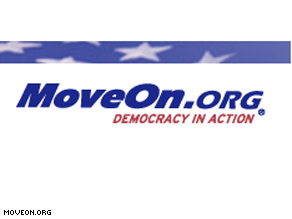Most every major advance in civic climate action has originated outside the envelope of U.S. climate politics as practiced by major environmental organizations and funders. The problem was first identified by Jim Hansen and other climate scientists, first brought to wide attention by journalists Bill McKibben and Ross Gelbspan, and popularized by New Yorker writer Elizabeth Kolbert, who relied on their work. When identification of a menacingly global threat failed to prompt a vigorous US response, it was Gelbspan who put a finger on the political and cognitive roadblocks and sketched a global solution of appropriate scale. McKibben and the handful of Middlebury students who launched Step it Up! and followed up with 350.org, have undertaken to fill the gap in building a powerful, citizen-based demand for climate sanity, while Rainforest Action Network and End Mountaintop Removal campaigners have reinvigorated direct action and corporate campaigning, and focused attention on the most egregious example of blind greed at the expense of elementary global security.
MoveOn.org, the 900 lb. gorilla of on-line activism, has not until now played a major role in the climate debate, but it joins the ranks of climate action innovators with its recently announed campaign demanding that the U.S. Senate remove provisions of the American Clean Energy and Security Act adopted by the House, which delete key sections of the federal Clean Air Act. ACES has moved quickly because of a credible Obama administration threat to further regulate carbon emissions via EPA administrative action under provisions of the federal Clean Air Act. The quid pro quo for coal sector acquiescence in moving ACES through the House was evisceration of those very provisions. Natasha Chart neatly makes the point:
I think the Moveon.org campaign is a masterful move that ought to be heartily supported by all those who believe ACES is too compromised by horse trading to be supported. As a practical matter, it is easier to defend existing rights than to advance new ones. By highlighting this giveaway of existing federal power to regulate carbon emissions, Moveon.org raises important questions about the integrity of ACES. Moveon.org challenges the Senate and, if adopted, conference committee leaders to act responsibility by drawing this sensible line in the sand.


